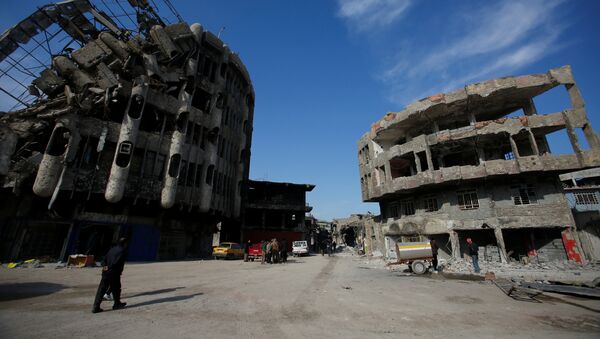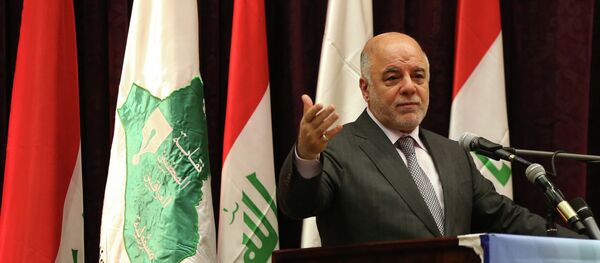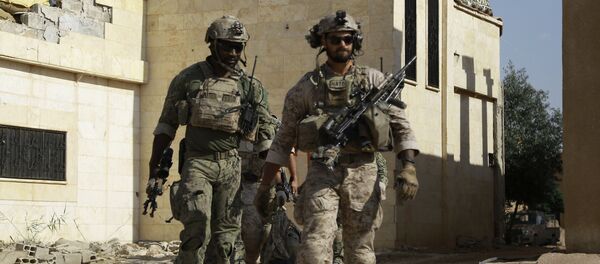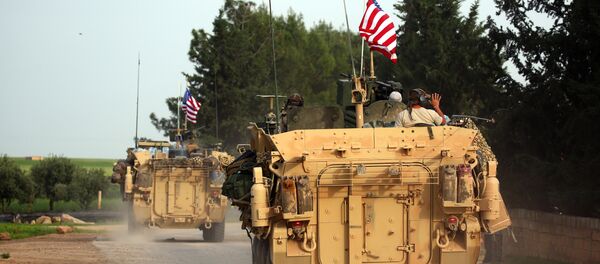Turkey's loan was the largest single amount pledged at the International Conference for the Reconstruction of Iraq, held in Kuwait last week. Saudi Arabia, Qatar, Kuwait and the UAE pledged between $500 million and $1.5 billion in aid and investment. Western countries and Japan also confirmed their intention to assist Iraq, including via direct aid, export loans and credit lines. Washington plans to grant Baghdad up to $3 billion in credit, while the EU has pledged to invest some $400 million.
In addition to the loan, Turkish Foreign Minister Mevlut Cavusoglu promised to provide Iraq with $50 million in humanitarian assistance, and to assist Turkish companies looking to invest in Turkey, where some $25 billion has already been committed.
"This is quite an understandable step," Erdurmaz said. "In using its resources to benefit Iraq, with which it has a common border, and where it would like to see a unified, stable state, Ankara is demonstrating the importance it attaches to the restoration of stability among its neighbors. As part of this process, Turkey will provide a large amount of credit, and Turkish business circles will play a significant role in Iraq's reconstruction."
According to the observer, Turkey's economic assistance will doubtlessly strengthen relations between the two countries, "making it easier for Ankara and Baghdad to interact in areas such as combating terrorism, and impeding attempts by the Kurdish administration in northern Iraq from unilaterally creating an independent state."
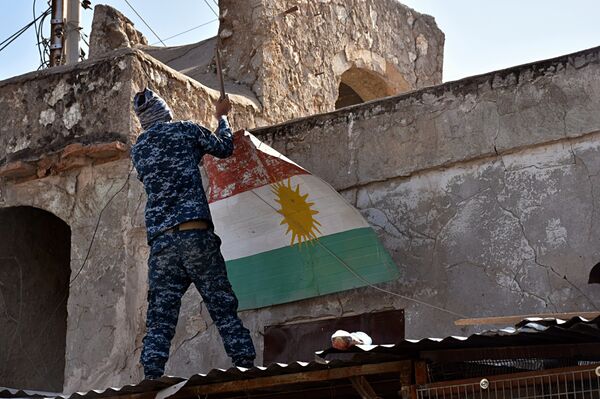
Nevertheless, the analyst intimated that even all of the money pledged to Iraq's restoration was not enough to fully restore the country's damaged infrastructure, with Mosul's restoration alone estimated to need about $80 billion dollars. In any case, Baghdad must work to restore the city as soon as possible, and Ankara must help in the process, Erdurmaz said.
For his part, Bartu Soral, an economist and program manager of the UN Development Program, emphasized that Turkish political and business interests should be kept in mind.
"I believe that this is a kind of ostentatious maneuver meant as a display of power," the economist said. "In a situation where Turkey is investing by borrowing from abroad, and is forced to come up with $210 billion to pay off its debts and cover the trade deficit, the decision to extend a $5 billion loan to another country cannot be seen as anything but an internal political move, aimed at demonstrating Ankara's power and wealth before its electorate."
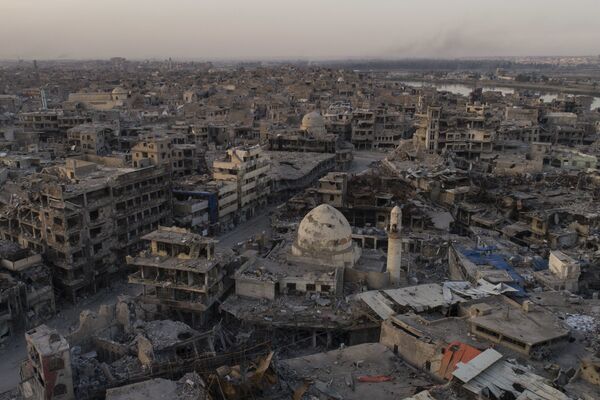
Ultimately, the economist believes that Ankara's gesture is aimed primarily at shoring up Turkey's own construction industry. "In a situation where goods that we once produced domestically are imported, the government has decided to give this large loan for Iraq's reconstruction. The only reason behind this is that it will open new opportunities and stimulate the development of the construction sector, which is the only sector that the Justice & Development Party has systematically and intensively built up over the past 14 years. They have contributed to the growth and enrichment of construction companies tied to the party, and turned the Turkish economy into one based on the construction sector. Now this sector has stalled, and the authorities are taking this measure to revive it."
